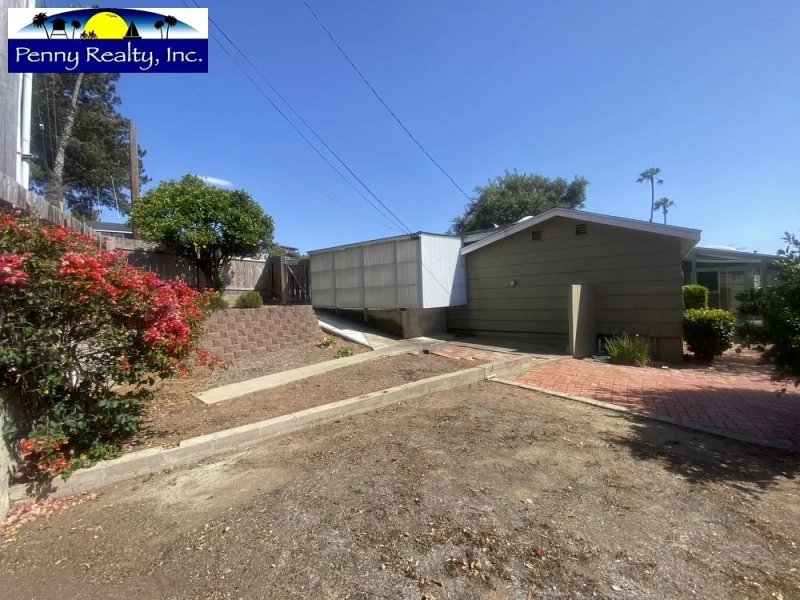Effective property management plays a crucial role in maximizing the profitability of your investment. Here are some ways in which managing your property can increase its profitability:
Optimal Rental Rates: Through active property management, you can set appropriate rental rates based on market conditions, property features, and demand. Conducting regular market research and staying informed about rental trends will help you maximize rental income while remaining competitive.
Tenant Retention: Good property managers in San Diego focuses on tenant satisfaction, which increases the likelihood of lease renewals and reduces vacancy periods. Maintaining positive relationships with tenants, promptly addressing their concerns, and providing excellent customer service can enhance tenant retention, reducing turnover costs and maximizing income stability.
Efficient Expense Management: Effective property management involves closely monitoring and managing expenses. By implementing cost-saving measures, negotiating favorable contracts with vendors, and regularly reviewing service providers, you can control operating costs and increase the property's profitability.
Proactive Maintenance: Regular property maintenance and repairs are essential to preserve the property's condition and value. By addressing maintenance issues promptly, you can prevent small problems from escalating into more significant and costly repairs. Proactive maintenance also contributes to tenant satisfaction, reducing tenant turnover and associated expenses.
Effective Marketing and Tenant Acquisition: Active property management includes implementing effective marketing strategies to attract quality tenants. By utilizing various advertising platforms, showcasing the property's features, and targeting the right audience, you can minimize vacancy periods and maintain a steady rental income stream.
Lease and Risk Management: Managing leases effectively involves ensuring lease compliance, timely rent collection, and proper documentation. By reducing lease violations and minimizing rent arrears, you can mitigate financial risks and maintain consistent cash flow.
Property Upgrades and Value Enhancement: Assessing the property for potential upgrades or value-enhancing initiatives can increase its rental income potential and overall value. Strategic renovations, energy-efficient improvements, or amenity additions can attract higher-paying tenants and justify higher rental rates.
Financial Reporting and Analysis: Accurate financial reporting and analysis enable you to track income, expenses, and overall property performance. By regularly reviewing financial statements, identifying areas for improvement, and making informed decisions based on data, you can optimize the property's profitability.
Legal Compliance: Complying with local laws and regulations is essential to avoid legal issues and potential penalties. Staying up to date with landlord-tenant laws, fair housing regulations, and safety codes ensures a smooth operation and protects your investment from unnecessary risks and liabilities.
Professional Property Management Services: If managing the property yourself becomes overwhelming or time-consuming, hiring a professional property management company can be a worthwhile investment. They bring expertise, experience, and resources to optimize property performance and profitability.
Remember, effective property management requires a proactive approach, attention to detail, and ongoing evaluation of strategies. By managing your property efficiently, you can enhance its profitability, attract quality tenants, and protect your long-term investment.



